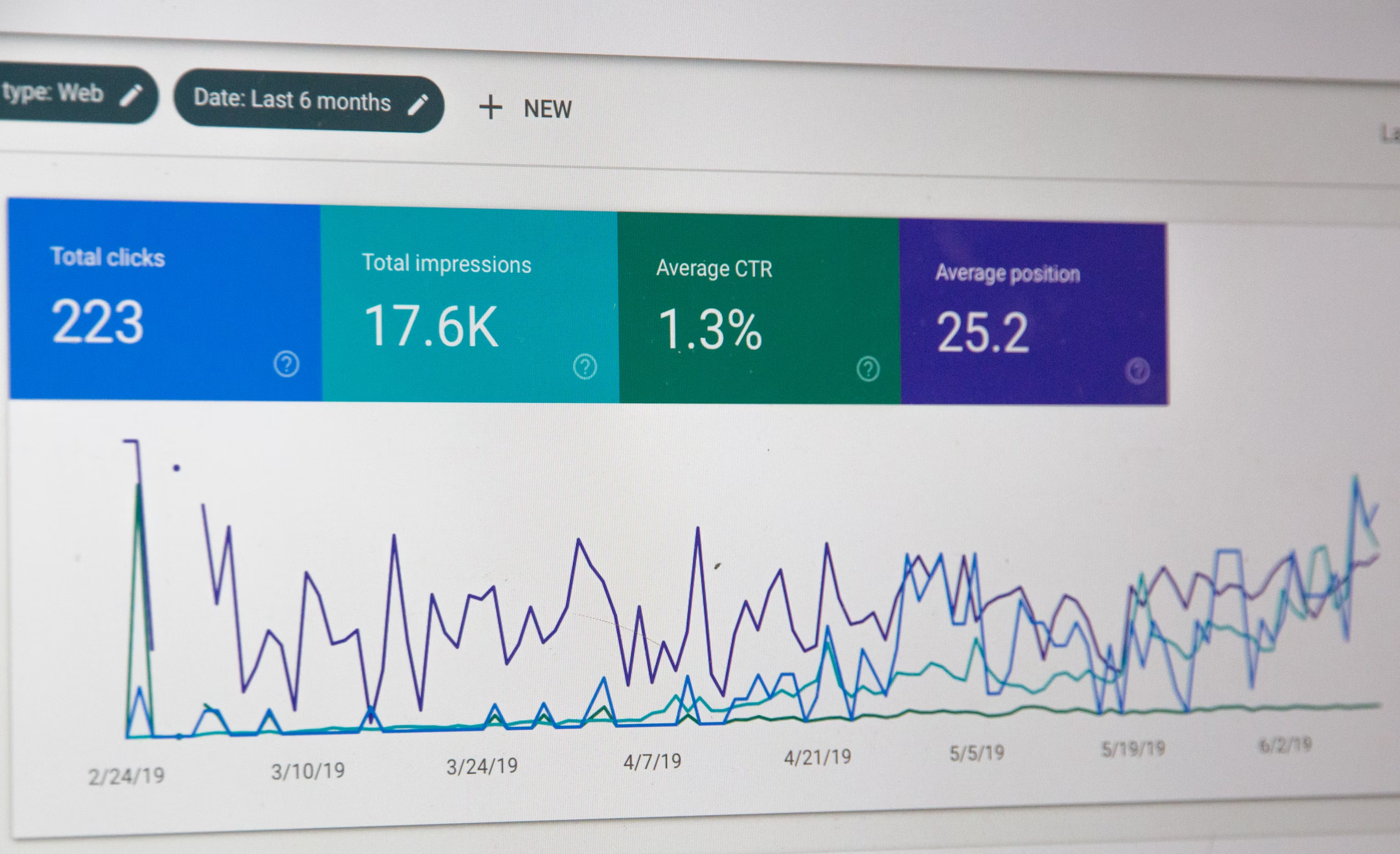SEO, or Search Engine Optimization, gives Search Engines a better idea of how to push out your site by extracting keywords from your code. Browsers like Google can look at various parts of code of a website, so when someone searches for keywords, it can provide the best site based on the query. It’s entirely up to the developer to help their code be more readable. Some ways to boost the SEO of your site so that browsers better understand your site is putting keywords in headers, titles, in a domain name, and description areas; having redirect links traceable; and organizing the code so it isn't so jumbled.
SEM, or Search Engine Marketing, will allow users to pay to have their sites pushed above others. People can bid over keywords that when searched will put their site above. The more common a phrase is used, the more expensive it will be to put your site at the top of the query. The big difference between SEO and SEM is that SEO is the non-boosted, more natural search results while SEM is a competition of funds. If you’re an independently funded project competing for keywords against big-name companies, chances are you’ll be outbid. Another disadvantage this has is that they’re not immune to adblockers. Since they’re considered ads, those blockers may not show them to keep the users best interest in mind.
PPC, or pay-per-click, is the other common form of getting attention to your site. This uses a method for every time that your site gets clicked, you owe a fee. This is more commonly seen in online stores, as they ideally look for someone to make a purchase that would cost more then their rate. This is less ideal for sites that aren’t making a profit because to get attention from it, as there’s likely a worse ROI. This works almost the same as the SEM method, except the method of method of payment is different.
The risk and reward of investment
Marketing is vital to get interactions and attracting users to your website. The methods that are seen to work more is ones that you pay an advertising agency for. It’s a leading explanation as to why when you search something up, companies that are doing well financially display first. Paying for marketing should really only be done depending on how passionate you are about your project, or if you’re able to make money back. This is called Return on Investment (ROI), where you compare how much you spent on something compared to the money that you get back from it. Instead of fighting for keywords, there are still other options to advertise. For this website, no money has gone into the advertising because this project won’t be bringing in money. I relied on two methods; one being the Search Engine Optimization method, and the other being the simple word-of-mouth method. I have a community of family, friends, and peers that would do as little as just engaging, whether they stay and read or not. That enough could cause a snowball effect of getting word out. I wouldn’t rely on it exclusively, but it’s not worth discrediting either.
